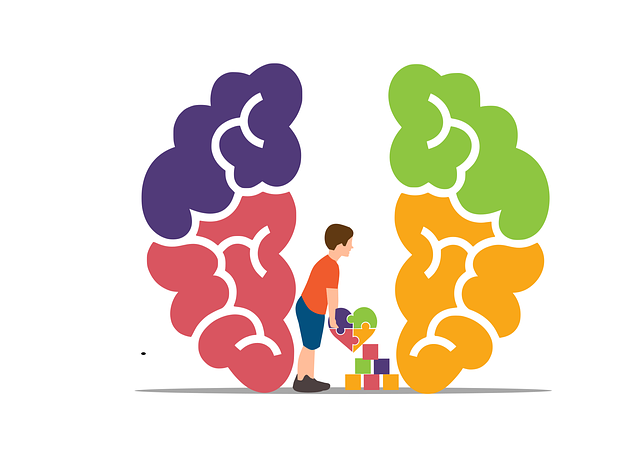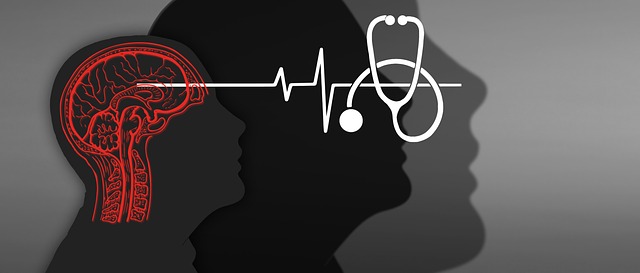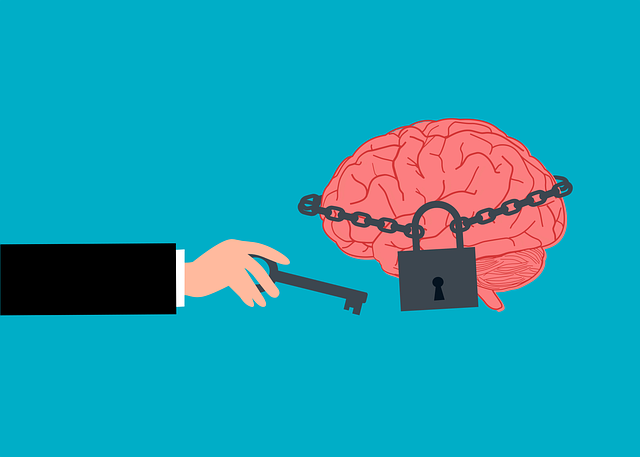Loss, grief, and bereavement can lead to depression, which therapy, especially Cognitive Behavioral Therapy (CBT), effectively addresses. Counseling provides a safe space to express emotions, build self-care routines, and adapt to new realities, fostering resilience and improved mood management. By combining counseling with stress reduction techniques, self-esteem improvement, and practices like meditation or yoga, individuals can achieve long-lasting emotional healing from loss.
Loss, grief, and bereavement counseling are essential tools for navigating life’s most challenging moments. This comprehensive guide explores the complex interplay of loss, grief, and bereavement, offering a deeper understanding of these universal human experiences. We delve into the transformative power of counseling, highlighting its role in managing emotional pain and fostering healing. Additionally, we examine effective therapies for depression following loss, providing practical strategies for long-term recovery and emotional resilience, including therapy for depression.
- Understanding Loss, Grief, and Bereavement: A Comprehensive Overview
- The Role of Counseling in Managing Emotional Pain
- Effective Therapies for Depression Following Loss
- Strategies for Long-Term Healing and Recovery
Understanding Loss, Grief, and Bereavement: A Comprehensive Overview

Understanding loss, grief, and bereavement is a complex process that involves acknowledging and processing deep emotional reactions to a significant change in one’s life. Loss can stem from various sources—the passing of a loved one, ending relationships, job transitions, or even financial setbacks. It’s not merely the absence of someone or something but the emotional aftermath that shapes grief and bereavement experiences.
Grief is a natural response to loss, manifesting in diverse ways for each individual. This process includes a range of emotions like sadness, anger, guilt, and even relief. Through therapy, individuals can learn to navigate these feelings, fostering resilience building and better mood management. Counseling provides a safe space to express grief, offering strategies for self-care routine development that enhance overall mental health. It helps one adapt to the new reality while letting go of the past, allowing them to find meaning and hope in their journey towards healing.
The Role of Counseling in Managing Emotional Pain

Counseling plays a pivotal role in helping individuals navigate the complex landscape of loss, grief, and bereavement. It provides a safe space for emotions to be expressed and processed, allowing clients to work through their profound sorrow and pain. Through effective listening and tailored interventions, counselors assist in building empathy between client and therapist, fostering an environment that validates their experience. This process is instrumental in managing intense emotional responses, such as depression, which often accompanies significant loss.
In the context of therapy for depression stemming from grief, counselors employ various strategies to enhance mental wellness. They guide clients in exploring coping mechanisms, providing tools to navigate difficult emotions and memories. Additionally, they may integrate Mental Health Policy Analysis and Advocacy into their practice, ensuring that individuals have access to resources and support systems. For those who prefer alternative approaches, production of a Mental Wellness Podcast Series can offer valuable insights and Empathy Building Strategies, catering to diverse learning styles and preferences.
Effective Therapies for Depression Following Loss

Dealing with loss can be an incredibly challenging experience, often leading to profound feelings of sadness and depression. Fortunately, several effective therapies have proven successful in helping individuals navigate through this difficult period. Cognitive Behavioral Therapy (CBT) is a commonly used approach that focuses on identifying and changing negative thought patterns associated with grief. By challenging unhelpful thoughts, CBT enables individuals to develop healthier coping mechanisms and improve their overall well-being. This therapy encourages the exploration of emotions and provides practical tools for managing depression.
Additionally, incorporating self-care practices such as engaging in regular physical activity, practicing mindfulness, and adopting a consistent self-care routine can significantly support the healing process. Communication strategies, both verbal and non-verbal, play a vital role in expressing grief and receiving support from loved ones. Encouraging open dialogue allows individuals to process their emotions, gain perspective, and foster resilience as they navigate through the stages of bereavement.
Strategies for Long-Term Healing and Recovery

Healing from loss is a journey that requires time and patience. Long-term strategies for managing grief and bereavement involve integrating healthy coping mechanisms into daily life. One effective approach is therapy, which provides a safe space to process emotions and gain insights. Trained counselors offer guidance tailored to individual needs, helping clients navigate through depression and find meaning in their experiences.
In conjunction with therapy for depression, stress reduction methods, self-esteem improvement, and self-care practices play pivotal roles in the recovery process. Engaging in activities that promote relaxation, such as meditation or yoga, can help manage anxiety and alleviate stress. Nurturing self-compassion and practicing self-care enable individuals to rebuild their sense of worth and foster personal growth. These holistic approaches work synergistically with professional therapy to support long-lasting emotional healing.
Loss, grief, and bereavement counseling play a pivotal role in navigating emotional pain. By understanding these complex emotions and employing effective therapies, individuals can find healing and recovery after significant loss. Specifically, addressing depression through specialized therapy is crucial, offering strategies to manage symptoms and foster resilience. Ultimately, these supportive measures enable folks to process their emotions, find solace, and embark on a path toward long-term well-being.








